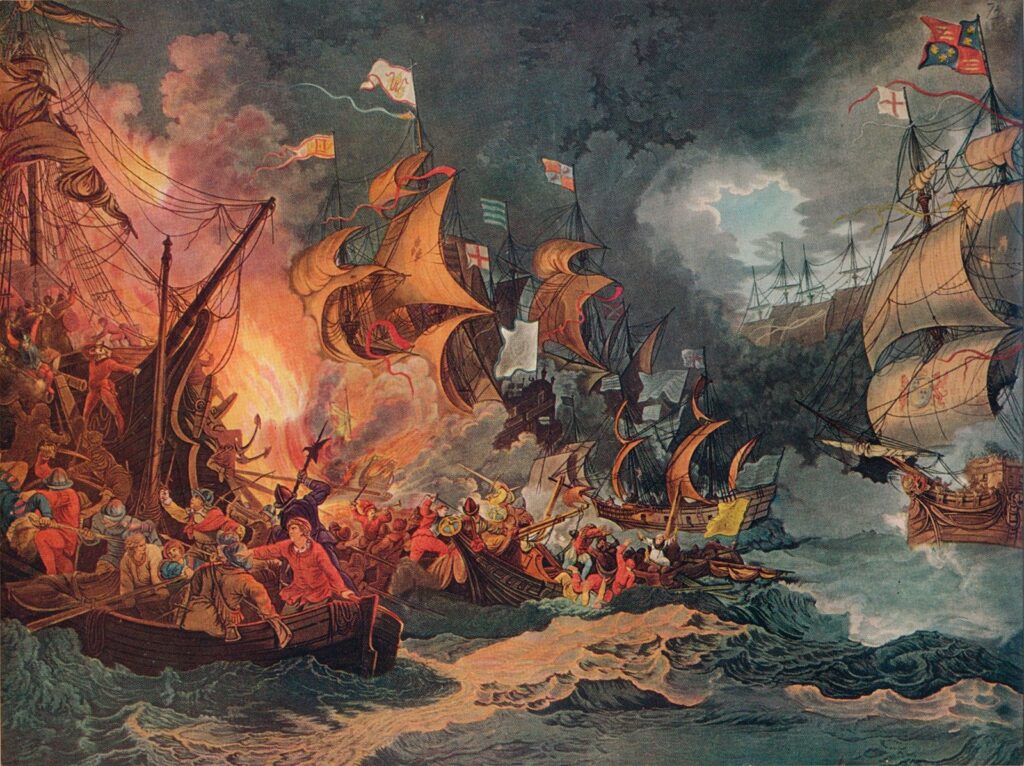An island none thousand miles north of Ibiza
(part two)
Spain.
Mediterranean climate with hot, dry summers.
Spain also had early constitutional governance,sea-going military opportunities, strategic marriages, political reforms, and technological innovation.
Imagine, that in the same week that our old hypothetical friend was born in Blackpool, another one was born a thousand miles south.
In Ibiza.
As a related footnote — according to research conducted on every Ryanair return flight from Ibiza to London Stansted — the single most said phrase on the flight was actually a gutteral moan that emerged from the passenger when they have successfully slumped their hungover body into their assigned seat for takeoff.
The phrase is :{} Whyyyyiiiii was I not born in Ibitha.
But back to our hypothetical friend. Let's call him Fernando.
Within his lifetime, how motivated do you think Fernando will be was to build a boat that can also fire a cannon?
He may grow up and decide he would like to cut and haul lumber for several hours every day so that he can help outfit the armada. Maybe one day he'll have an original brainwave and finally figure out how to innovate the topmast.
However, we must remind Fernando that it is 75 degrees outside today, sunny, got olives, wine, and some salted fish for lunch and you already promised Ygnacia that he'd take her to the beach today.
Also, did you see the way that she was looking at you the other day ?? And you didn't understand it at the time Fernando, but now in hindsight it seems like she was talking about your ship's top mast like a lot.
This scenario is completely made up and probably unrealistic. But I'm afraid it illustrates a grim, and completely true historical reality.
